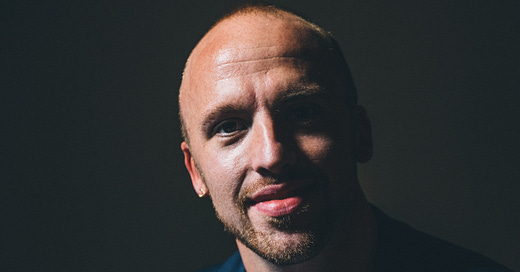My recent move from Colorado Springs to Berkeley wasn’t just a change of scenery—it was a shift in how I understand myself and my place in the world. In the language of philosophers Deleuze and Guattari, this kind of shift is called deterritorialization—a concept that captures what happens when familiar structures, meanings, and identities start to break apart, making room for something new.
In their book A Thousand Plateaus, Deleuze and Guattari use deterritorialization to describe how systems—whether political, cultural, or personal—can become unsettled. That’s exactly how I felt leaving Colorado Springs. The routines, relationships, and sense of identity I had built there began to unravel. I wasn’t just relocating; I was stepping out of a “territory” that had shaped how I moved through the world.
But this kind of undoing is never the end of the story. Deleuze and Guattari also talk about reterritorialization—the process of forming new patterns, meanings, and structures. As I settle into life in Berkeley, I’m beginning to rebuild: making new connections, finding a rhythm, and shaping a new sense of place. This new “territory” isn’t a blank slate, but it’s open, fluid, and shaped by the unique energy of this city.
This back-and-forth between letting go and rebuilding is central to how Deleuze and Guattari think about change. They challenge rigid systems—like traditional institutions or fixed identities—that try to pin people down. Instead, they see potential in movement and disruption: a chance to break out of limiting frameworks and imagine new ways of being.
Zooming out, deterritorialization is all around us. Migration, globalization, and technology constantly reshape our sense of identity and belonging. Even language changes, as words take on new meanings in new places. But as much as this kind of flux can open doors, it can also bring uncertainty, alienation, or new forms of control. Capitalism, for example, often disrupts local communities only to re-stabilize them around profit.
What stays with me most—personally and intellectually—is the idea that life isn’t about finding some fixed, final ground. It’s about staying open to change. Movement, even when it’s unsettling, is what allows new possibilities to emerge. By leaving behind the familiar and embracing the unknown, I’m not just moving cities—I’m participating in a much deeper process of growth and becoming.




I'm reading the book "A Wrinkle In Time" again. It really goes well with this writeup